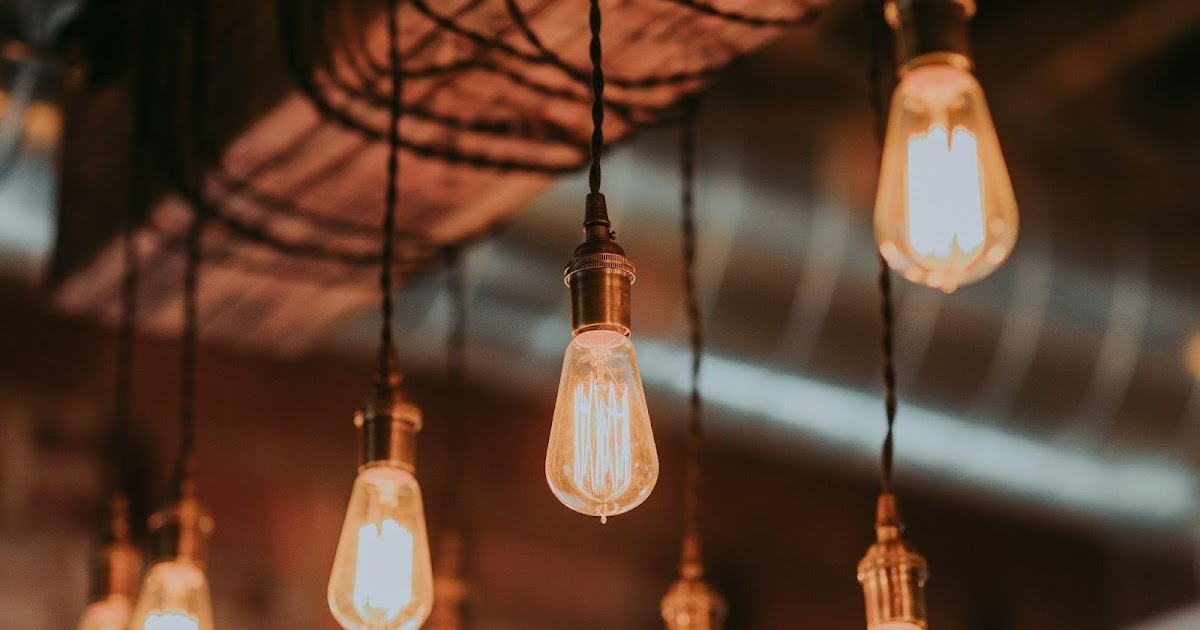8 Ways to Help Lower Energy Costs


When it comes to saving money, you might not
think there are easy changes you can make in your home right now to help you
save big on your energy bills. Continue reading below to learn about eight ways
to help lower your energy costs.
1. Check Seals on Windows,
Doors, and Appliances
One way to lower your energy bill is to make
sure the seals on your windows, doors, and appliances are working. Ensuring
that your refrigerator and freezer are closed properly allows you to make sure
that the cold air is sealed in and your fridge isn’t exerting any unnecessary
energy to keep the temperature low. Also, checking to see if your windows and doors are sealed correctly can
help you identify any drafts or areas where your home is losing heat. A
properly sealed home will be more energy efficient when the temperature drops.
2.
Changing Your Thermostat
Temperature
Lowering your thermostat could be one of your
first thoughts when it comes to cutting energy costs. But while you are out for the day, or
just before you head to bed, lowering your thermostat by 10 to 15 degrees for
eight hours can help cut your energy costs by up to 10 percent! Some
thermostats have settings that allow you to schedule your temperature settings ahead
of time, which can help you keep up with this process.
3. Changing Lightbulbs
Few people consider the type of lightbulbs
they use in their homes but choosing an energy efficient lightbulb can save you
a notable amount of money on your energy bill over time. By changing your
current lightbulbs in five of your most frequently used light fixtures to compact fluorescent or LED
bulbs with the Energy Star Label, you could save yourself an estimate of $75!
4. Adding Dimmer Switches to
Your Home
Traditional light switches only have one
setting, using the maximum energy the light fixture has to offer. However,
installing dimmer switches can be a great new addition to your home that will
also save you money. A dimmer switch allows you to change
the brightness to your liking, creating the perfect ambiance while also
conserving energy.
5. Laundry Hacks
There are a few ways to lower your energy
costs when it comes to doing your laundry. One way is by using cold water
instead of hot in your washing machine. Although you may miss that warm wash
feel, cold water uses less energy and preserves fabric better than hot water.
Another tip is to maximize your loads of laundry. By doing one less load of
laundry a week you could save up to $30 a year. In the summer months take
advantage of the warm breeze to air dry your clothes on a clothesline.
6. Unplug Appliances and Turn
Off Lights
The easiest way to lower your energy costs is
by shutting off and unplugging appliances that use power. Many of us forget to
unplug electronics and appliances after we use them, or leave a room without
shutting off the lights. The average American spends an estimated $50 or more
every year on electrical devices that are plugged in but not in use. Unplugging
appliances and electronics can also decrease the chances of an electrical fire.
7. Money-Saving Dish Washing
Practices
There are many ways to change your dish washing habits that can help you save money.
One way is to avoid rinsing your dishes prior to putting them in the
dishwasher, when possible. Many modern dishwashers do not require a full rinse,
just a simple scraping of any residue. If you keep the water running while rinsing dishes, then you
could be using an average of 2.5 gallons of water per minute. If you don’t have a
dishwasher or still want to rinse, filling a wash basin to rinse dishes rather
than running the tap can help you save both money and water.
8. Lowering Electric Costs in
the Kitchen
From the refrigerator to the toaster, we have
many appliances in the kitchen that utilize the bulk of our
electricity. One way to lower the electric bill in this part of the house is by
unplugging the toaster, microwave, coffee maker, and other appliances when they
are not in use. You can also set your fridge to 38 degrees and your freezer
between 0 and 5 degrees, which will keep your food fresh without using any unnecessary
energy to maintain a lower temperature. Other tips include the preparation of your meals, such as thawing
food prior to cooking so that it requires less energy and time. Cooking with lids is another practice to pick
up as it locks in heat and lowers cooking time. One more tip is to avoid using
the broiler in your oven, as it works by requiring a large amount of energy in
a short time rather than other methods that work more gradually.
Practicing these energy saving habits can help you lower your monthly bill.
It is also important to protect yourself, family, and home with the right coverage in the event of an electrical
emergency. Find an insurance agent near you by clicking the
button below! 







